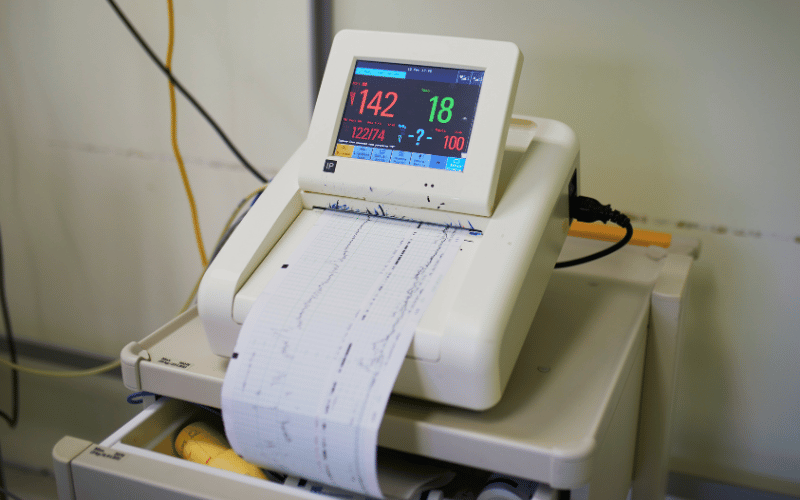3. Alterations in Heart Rate: The Unseen Fluctuations

Silent thyroiditis can also significantly impact your heart, leading to changes in heart rate or rhythm. Just as the disease causes fluctuations in weight and energy levels, it can similarly cause your heart rate to fluctuate between periods of rapid heart rate (tachycardia) and slow heart rate (bradycardia).
During the initial hyperthyroid phase, excess thyroid hormones can cause an increase in heart rate. You might notice your heart pounding or racing, even when you’re at rest or doing a non-strenuous activity. This increased heart rate might also come with palpitations, where you can feel your heart beating in your chest.
This rapid heart rate can be unsettling, causing a sense of anxiety or panic. It might also make you feel short of breath or dizzy, affecting your overall comfort and well-being. Moreover, the strain on your heart can potentially lead to complications such as heart failure, particularly if you have pre-existing heart conditions. (3)